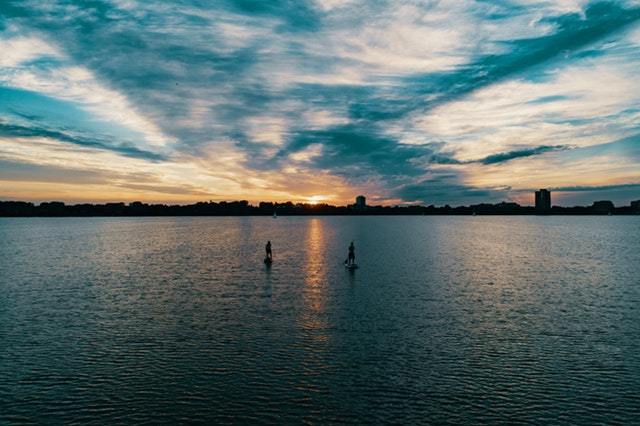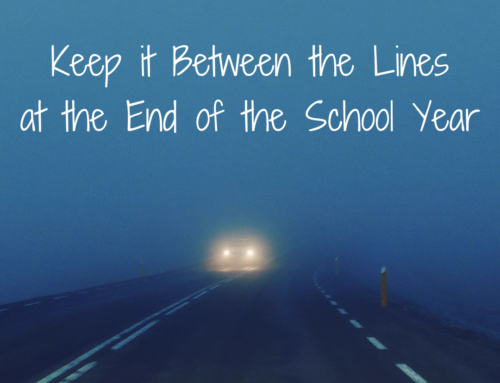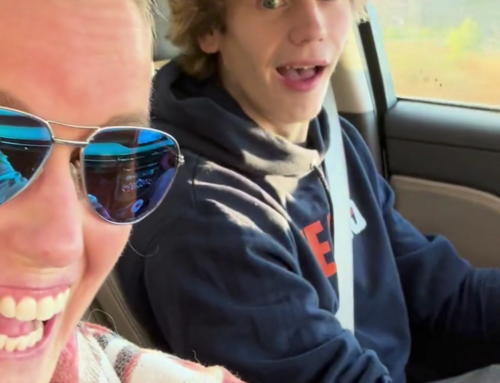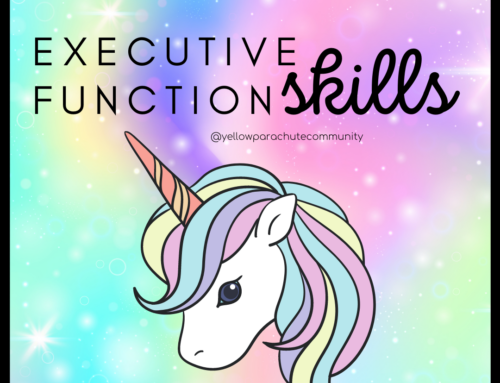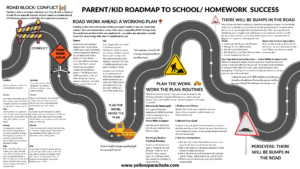To my fellow parents,
I’m about to save you from your own expectations about summer learning.
At this point in May, summer feels like that land of promise and endless possibility. We plan on learning from every mistake from past years. We vow to sign up for the “just right” number of camps and order the “just right” summer workbooks.
Around this time, summer feels like a fantasy. Everything will go smoother than last year.
The fantasy is that you and your kids will happily work on those summer workbooks together on a rainy day? Or maybe it’s that you’ll practice the quadratic equation on long rides to the cabin.
Yeah, not my family.
The truth is, we enjoy about a week of delicious freedom in June, and then those humans we worked so hard to unschedule get a little stir-crazy. They’re now sitting in the house, saying there’s nothing to eat and nothing to do. Our lives have turned into one big car ride, shuffling them from activity to activity, and our days in the sun are…literally…numbered.
I’m not saying that summer workbooks aren’t important. But it might not be the best way to keep your kids thinking and learning this summer. Summer learning — creative summer learning — is the most important thing you can do to keep your kid interested and excited about the journey of choosing to be a learner. This journey is precisely what will prepare your beautiful humans for future success in college and career choices.
Summer is one of the best times to show our kids that curiosity and excitement can happen anywhere. It’s an opportunity to demolish the walls that go up when kids feel left out of classroom learning because their idea doesn’t fit with classroom boundaries.
How can kids take control of their learning?
Begin with the question: What are they curious about or what do they like to do without being asked? Document progress, calculate time spent or track changes over time. Be a learning scientist about your own learning. Sports or music enthusiasts can document practice time, set goals, and write about new skills learned. Outdoors enthusiasts can take pictures of interesting observations, computer enthusiasts can try an online coding class. There are many community resources to help keep curiosity going too!
For those skills that are less “fun” but necessary, we can try the Deceptively Delicious approach. Here are some starter ideas:
- Center a project around a kid’s favorite hobby. Then document what you make, do or learn through pictures with captions
- Ask your teacher, local librarian, or search book lists (here’s one) to help you figure out a favorite author and keep track of the books you read
- Jot down a list of “places to go” then write about your favorite takeaway from each location.
- Walk around different lakes or parks and take pictures of the wildlife. Illustrate the results of your finds with a graph.
- Do a “picture a day” and write about why you take each one
- Build something and document the process. This could be with legos or making a tree fort!
- Write your own ending to a favorite book
- Write your own version of a favorite book
- Pick a meal or dish to cook each week and make a family favorites cookbook
- Research the history of your favorite sport and the evolution of equipment used
And for the math, reading, and writing? I’m hiring the same fantastic Learning Coach (not me!!!!) to work with my kiddos this summer. She’s a college student home for the summer. She’s cooler, nicer, and more creative than me about getting my kids to do hard things. She takes my vision of their education and translates it to them in summer fun language. I’ll celebrate their success and connection instead! And I’m taking the advice I give you and scheduling regular weekly sessions before summer starts.

